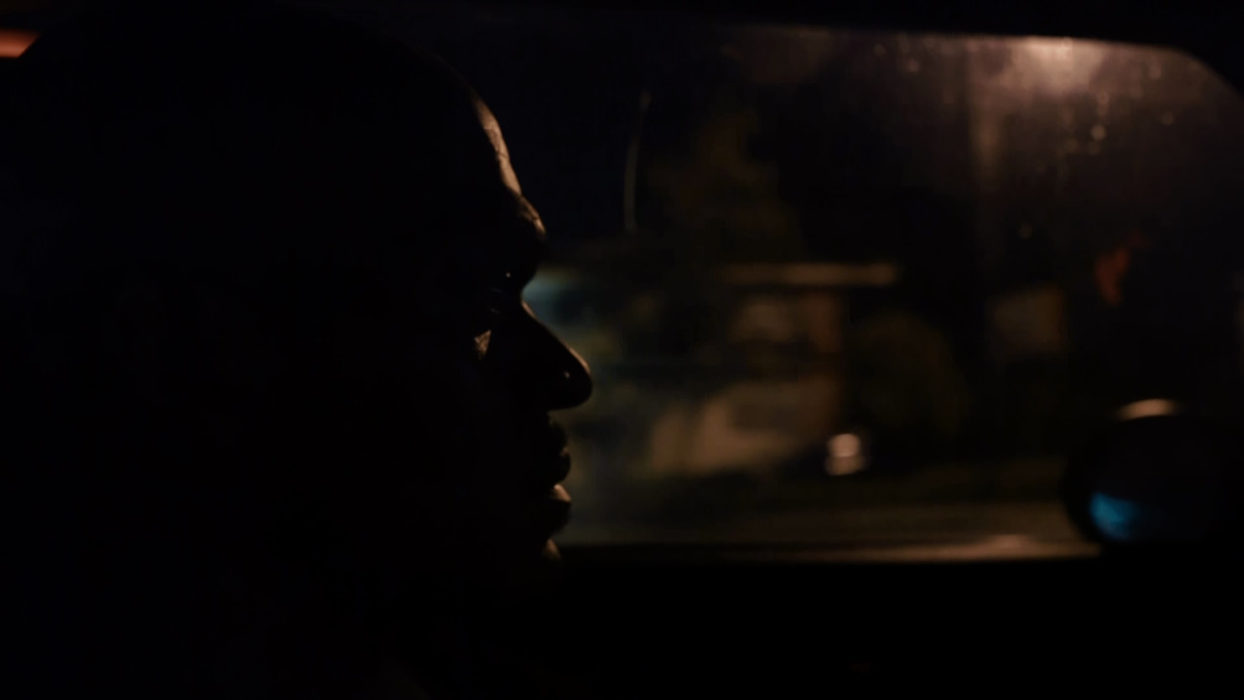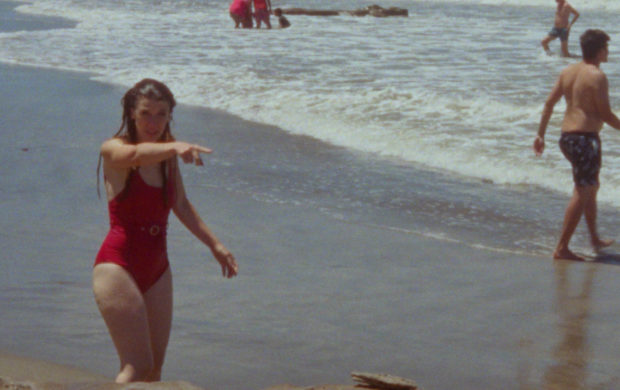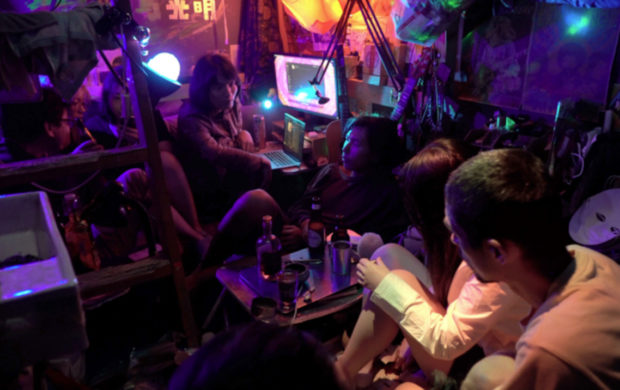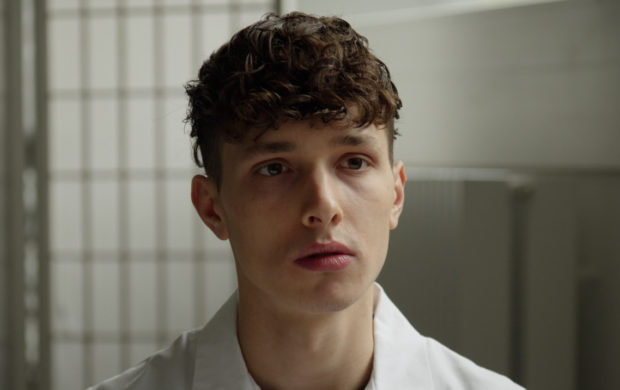Leaving Amerika
One morning, my friend Derrick calls me to say that he wants to leave the USA. He just left his appartment and sleeps in his car. At almost 50 years old, he is still struggling through the nightmarish labyrinth of an ultra-liberal and racist America, looking for a way out.
Amerika, like in Kafka—i.e., a nightmare. This nightmare has been identified for some time (it has been thoroughly documented) as the underside of the American Dream, and has taken staggering proportions over the past twenty years. Derrick Johnson, with whom the film strikes up a long and beautiful conversation, is thinking about leaving the country. He won’t let himself slip any further into the abyss, like others do every day—mostly people like him, neither white nor rich. Along with a handful of personal belongings that he keeps packed away in storage units, his car is the closest thing he has to a home. Derrick is “displaced”, as they say: which is to say he’s already gone, tolerated only as a ghost. Leaving Amerika catches him at a crossroads: asked to take stock of his life, he’s going over the past, but mostly going about his business, running errands, visiting relatives, and making all the necessary arrangements before leaving. Following his every step, the film is less busy documenting as it is checking in: in fact, part of the discreet empathy that is felt is the result of a real-life (albeit long-distance) friendship between the protagonist and the filmmaker. This relationship is never described in detail, nor clarified by its backstory, but it induces the right distance between the film and the viewer: ultimately, all that we ask of a documentary, is a friendly check-in on the world.
Jérôme Momcilovic
Born and raised in Toulouse, Marie-Pierre Brêtas spent part of her childhood in Oran, where her parents left to work in the midst of the post-independence turmoil, and then in Thiais, in the Paris suburbs.
After completing a hypokhâgne and a spell at the Sorbonne, she became a journalist at Le Matin, freelancing for various publications, including Actuel.
She then moved to New York, where for the next 3 years she worked at some odd jobs: housekeeper, cook at the Chelsea Hotel, assistant set designer on some shootings, including one of Paul Morrissey’s latest films. Passionate about cinema from an early age, she returned to Paris and tried her hand at self-taught filmmaking, trained at the IIIS and then the Ateliers Varan. She then directed Mon travail c’est capital for Arte, about the closure of a Moulinex factory.
Married to Brazilian painter Marcos Brêtas, she shoots La Campagne de Saõ José in the Nordeste, selected at the FID and Grand Prix du Fidadoc, then Hautes Terres, mention of the Jury at Cinéma du Réel in 2014 and released in theaters.
In 2022, she presented La Lumière des rêves in competition at Cinéma du Réel.
Bootstrap Label / 8h13 productions
Marie-Pierre Brêtas
Philippe Grivel
Gilles Volta
Bootstrap Label emile@bootstrap-label.com



